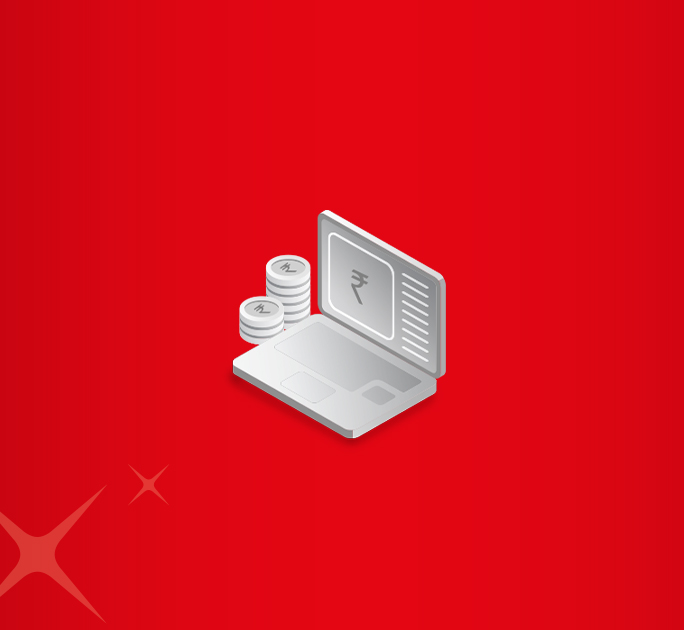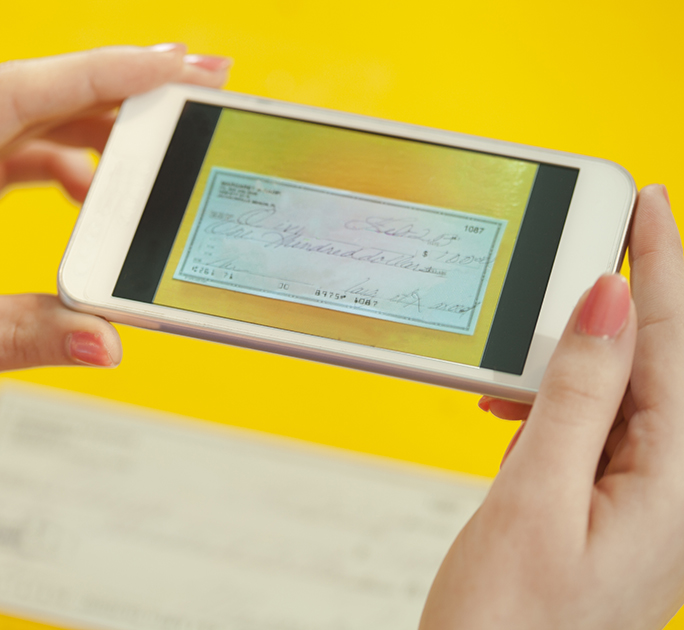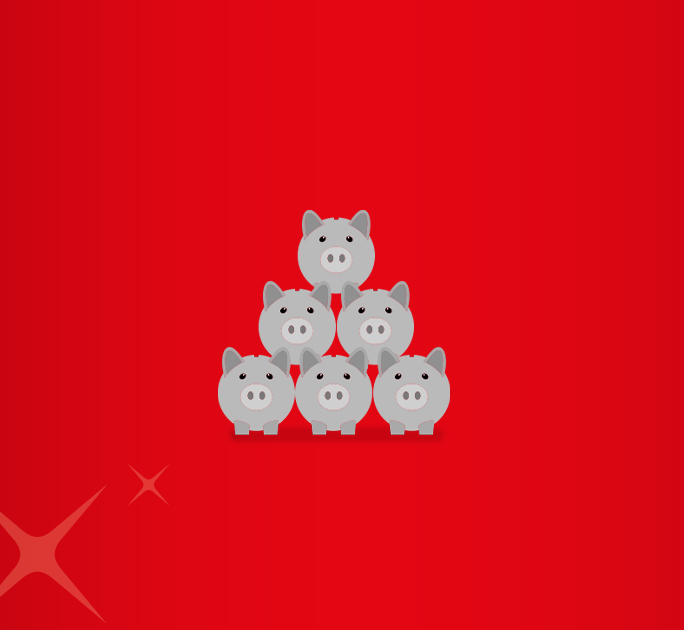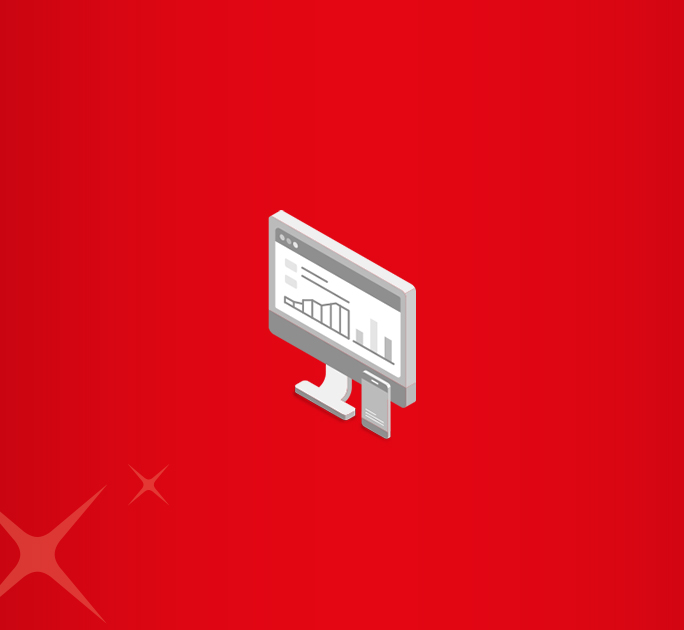- Save
- Invest
- Borrow
- Pay
- More
- Customer Services
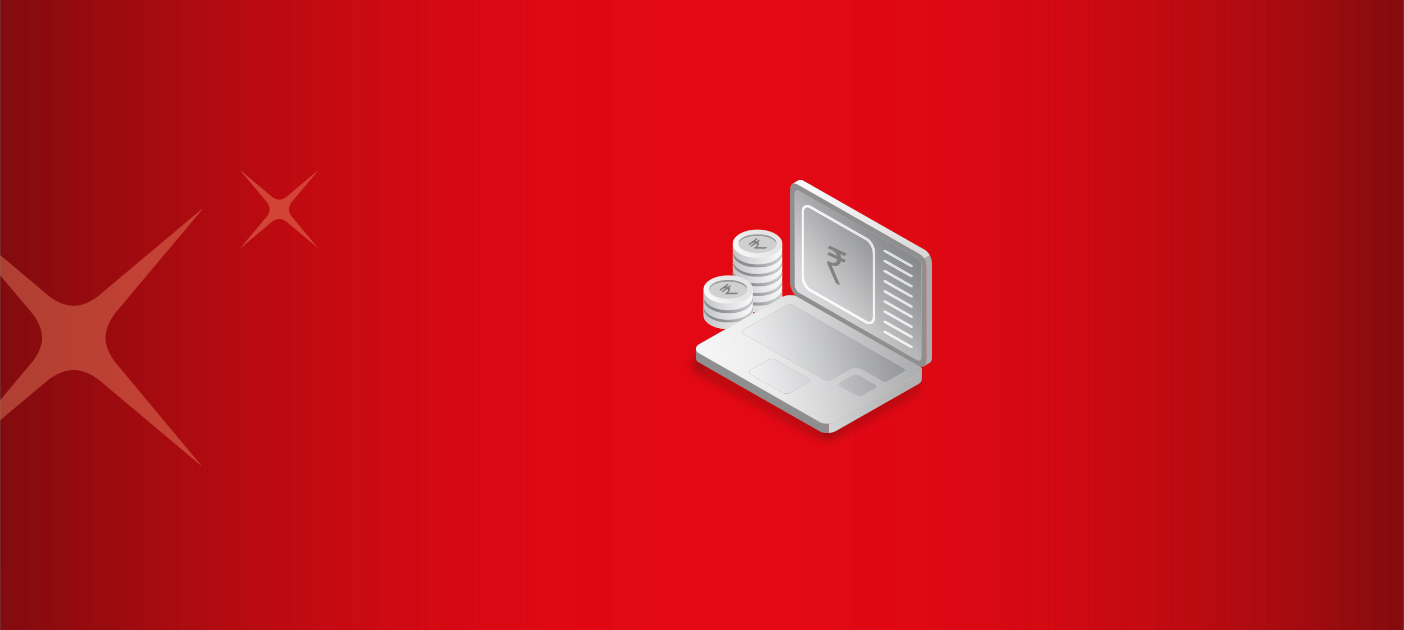
What is a Bounced Cheque
What happens if a cheque bounces and how you can prevent it?
Key Takeaways
- A dishonoured cheque is a cheque rejected by a payee’s bank.
- Cheques typically bounce when the bank account of the cheque issuer lacks sufficient funds.
- Incorrect dates and payee details are common reasons why banks may return cheques.
- Banks typically levy penalties for bounced cheques.
- You can prevent cheques from bouncing by carrying out online transactions.
Whether you open a Savings Account online or offline, banks typically provide you with a complementary chequebook. A cheque is an official bank document that allows you to make payments to various beneficiaries. However, banks may reject cheques if the cheque drawer or payee fails to meet the requirements set forth by the bank. This article explains what a dishonoured cheque is and the steps you can take to prevent it.
What is the Meaning of a Bounced / Dishonoured Cheque?
A dishonoured cheque is a cheque presented to a drawee bank which remains unpaid. The drawee bank may refuse to pay the cheque amount to the payee due to insufficient funds, incorrect information, overwriting, mismatched signatures, etc. Such a cheque is also known as a bounced cheque or returned cheque.
Reasons Why Banks May Dishonour a Cheque
The following are some common reasons for cheques bouncing.
-
Insufficient funds
Cheques typically bounce when their drawers have insufficient balances in their account. In such cases, the bank levies a cheque return penalty on the cheque drawer and the payee. Under Section 138 of the Negotiable Instruments Act, 1881, beneficiaries may prosecute cheque drawers for bounced cheques.
-
Incorrect date
In India, a cheque is valid for up to 90 days from the date mentioned on it. The beneficiary must deposit the cheque within this period, failing which the bank can dishonour the cheque. Also, if the drawee writes the wrong year, the bank can bounce the cheque.
-
Information mismatch
The bank records your signature when you open a Savings Account online or offline. They assess your signature before honouring a cheque. If they find that the signature in their records does not match the one on the cheque, they return it as a security measure to avoid fraud.
-
Stop payment orders
A cheque drawer can issue a stop payment order to stop their bank from crediting a beneficiary account. Common reasons for drawers to issue stop payment orders include lost/stolen cheques or unsatisfactory deliver of agreed-upon products or services from the beneficiary.
-
Damaged Cheques
Banks may return the cheque if it is frayed, stained or torn. They may also return checks if they doubt that the payee may have overwritten the date, amount, etc.
Measures to Take to Prevent a Bounced Cheque
What cheque drawers must do
- Ensure your bank account has sufficient balances.
- Write the payee’s name, cheque amount, etc., correctly.
- Ensure the signature on the cheque matches the bank’s records.
- Avoid overwriting on the cheque.
- Consider online transaction and remittance services.
What beneficiaries must do
- Review the cheque before accepting.
- Deposit the cheque within the validity period.
- Write account details correctly on the cheque deposit slip and the back of the cheque before depositing it.
Final Note
Cheques are typically safer than cash, and allow you to conduct high-value transactions seamlessly. If you wish to avoid the hassles associated with bounced cheques entirely, you should consider signing up for internet banking and online remittance services that enable fund transfers via NEFT, IMPS, RTGS, and other online mediums.
Download DBS Bank app to get started.
*Disclaimer: This article is for information purposes only. We recommend you get in touch with your income tax advisor or CA for expert advice.

